As a musician you should already know the chord types for that chords based on theory and harmonic function.
Do We Need Lowercase Roman Numerals for Harmonic Analysis?on: Bluesky • facebook • twitter (X)
As a musician you should already know the chord types for that chords based on theory and harmonic function.
NOTE: Uppercase Roman Numerals are the default that is used on LearningUkulele.com
Harmonic Analysis Is based on Tonic / Dominant harmony and the Major scale.
NOW, as a musician, if you are doing a Harmonic Analysis you should already know the chord types for chords based on theory and their use in the tonality relative to the scale used to create that harmonic passage — i.e., know the Harmonic Function of any given chord , in context. Or, you're Putting the horse before the cart.
when it comes to doing a harmonic analysis, scale selection or chord substitutions.
From (wikiwand) Specific notation conventions vary: some theorists use uppercase numerals (e.g. I, IV, V) to represent major chords, and lowercase numerals (e.g. ii, iii, vi) to represent minor chords. Others use uppercase numerals for all chords regardless of their quality.
A very smart and knowledge student of mine has this theory and as a graphic artist it sounds very logical as to why the lowercase (wikiwand) Roman Numerals for analysis came about. (Thanks to Patrick Moffitt )
Pre Linotype, Digital Typography, Apple Laserwriter, Adobe Postscript, Linotronic, and Desktop publishing (DTP) [circa 1970].
Back in the area when you needed anything printed you had a type house set the type using a slug
, a lead or number in piece of lead or
(wikiwand)
type metal selected from a
(wikiwand)
type case . A typesetter would grab a composing stick and individual letters from a type case and set you copy. Then print it on paper by rolling ink over the type slugs and you would have you typeset copy to create you mechanical, the art border to used to make printing plates for printing.
When it came to the (wikiwand) type case that housed the letters both uppercase, lowercase, numerals, punctuation and any special symbols. There just were not enough uppercase letters to go around when it came setting type for music theory texts for the harmonic analysis requiring (wikiwand) Roman Numerals . So, Patrick summarizes that that is when lowercase romal numerals came about. Sounds logical to me. Fast forward to no more metal typesetting in this computer age and the tradition just stuck around.
Reference and Further Information
- (wikiwand) Linotype Machine
- (wikiwand) Linotronic
- (wikiwand) Xerox_PARC
- (wikiwand) PostScript
- (wikiwand) Laser_printer
- (wikiwand) PageMaker
- (wikiwand) Desktop publishing (DTP)
Related Lessons, Videos, Lesson Series, Songs, Books & Reference Charts, Resources & Assets, Workshops are below.
Do We Need Lowercase Roman Numerals for Harmonic Analysis?.

Harmonic Analysis (HA), also known as the study of chord relationships, is the method used to identify the harmonic role of chords within a chord progression or song. A chord progression refers to a sequence of chords, with each chord having a root note and belonging to a specific chord type. The function of a chord within a particular scale's tonality is determined by its relationship to that scale.
Do We Need Lowercase Roman Numerals for Harmonic Analysis?.
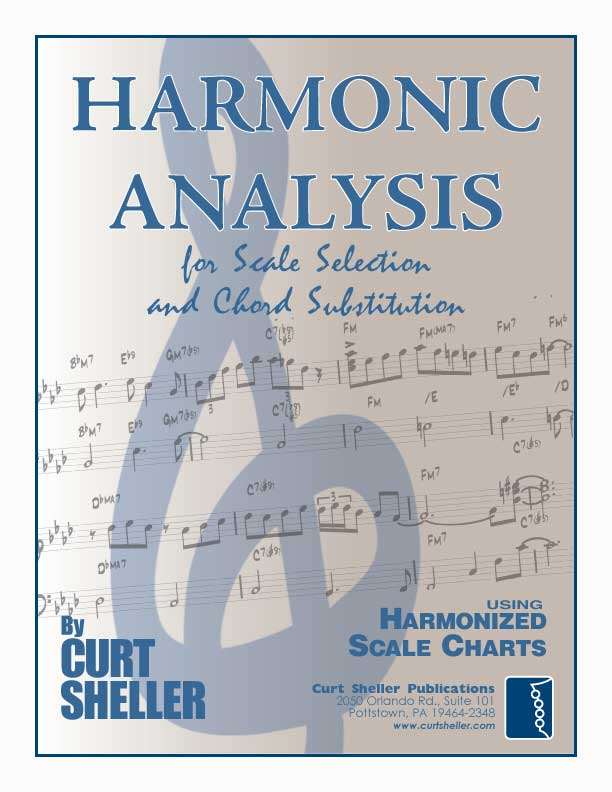
Harmonic Analysis is the understanding of the functional sequence of chords. It is the process used to analyze the harmonic structure of a progression, song or composition. This analysis is then used to make scale selections for improvisation and chord substitution.

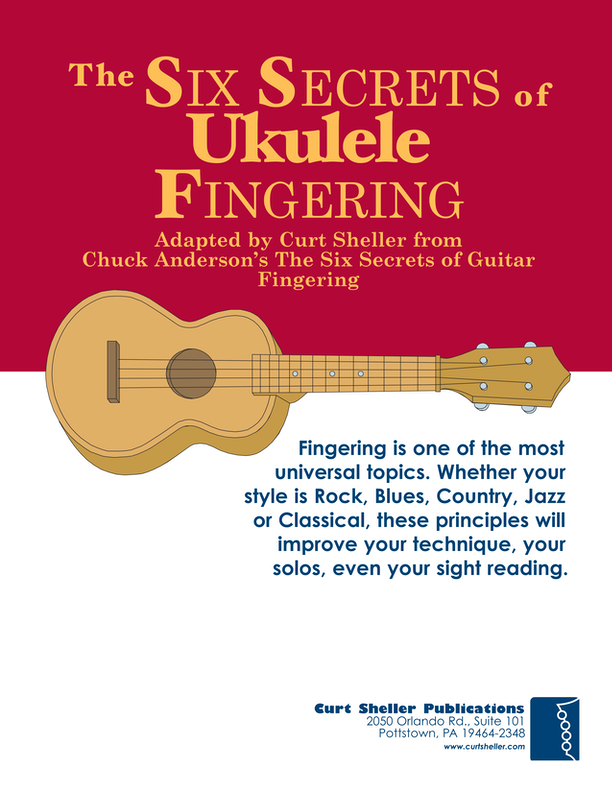
return in your investment)—it is this— learning the
f*ckingnotes of your OWN instrument. Sorry for the tough talks—but it is sooooo true!

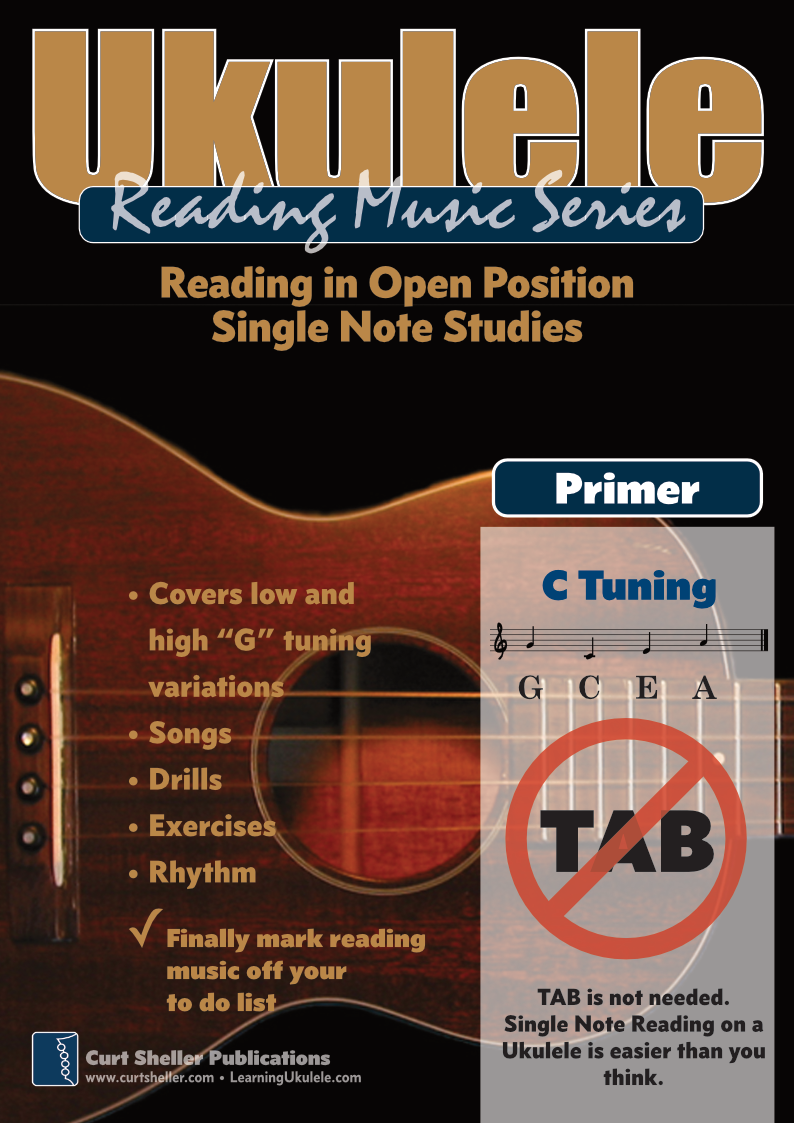
Learn to read single note melodies in the first/open position is a lot easier than you might think. Book: Ukulele – Reading Music Series – Primer
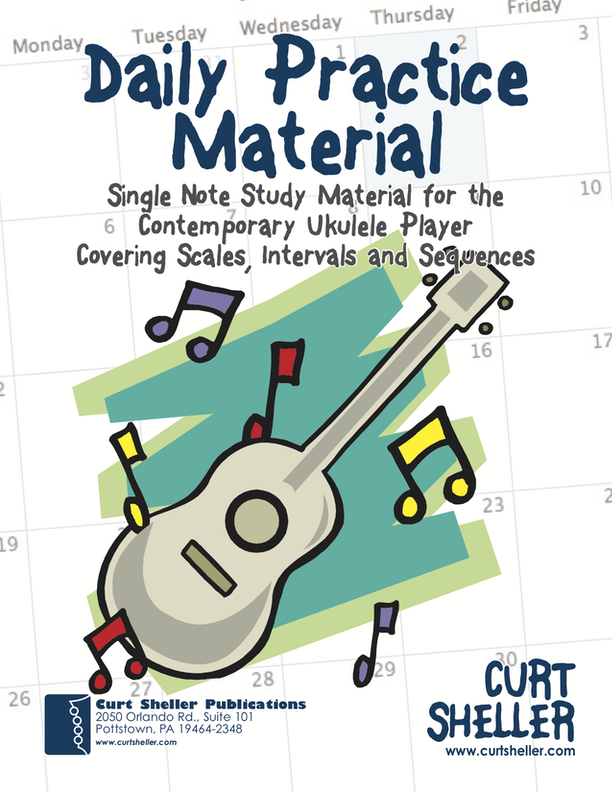
An organized collection of daily practice and reference material for the contemporary ukulele player for developing the vocabulary and knowledge necessary for single note playing. Book: Daily Practice Material for the Contemporary Ukulele
Checkout the Books & Reference Charts for additional Handy, Dandy Reference Charts.
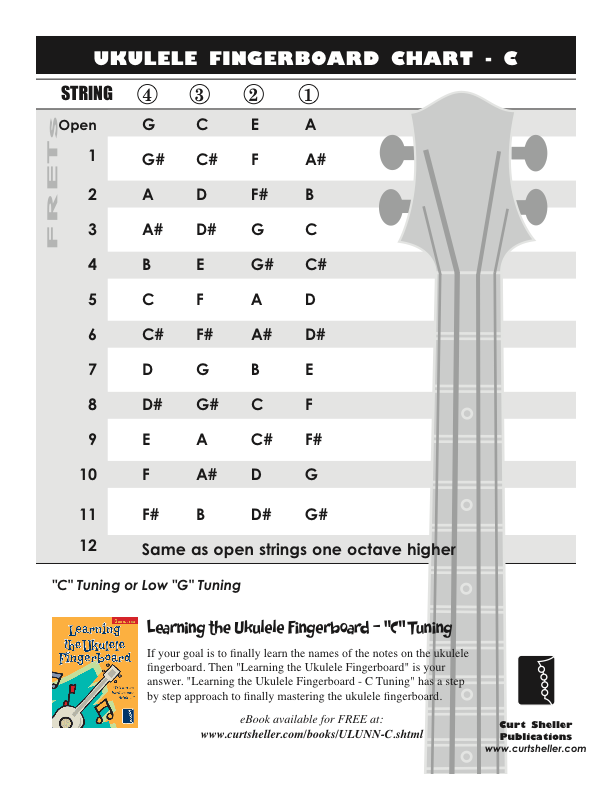
Ukulele Fingerboard Chart for C Tuning, Low or High G – G C E A
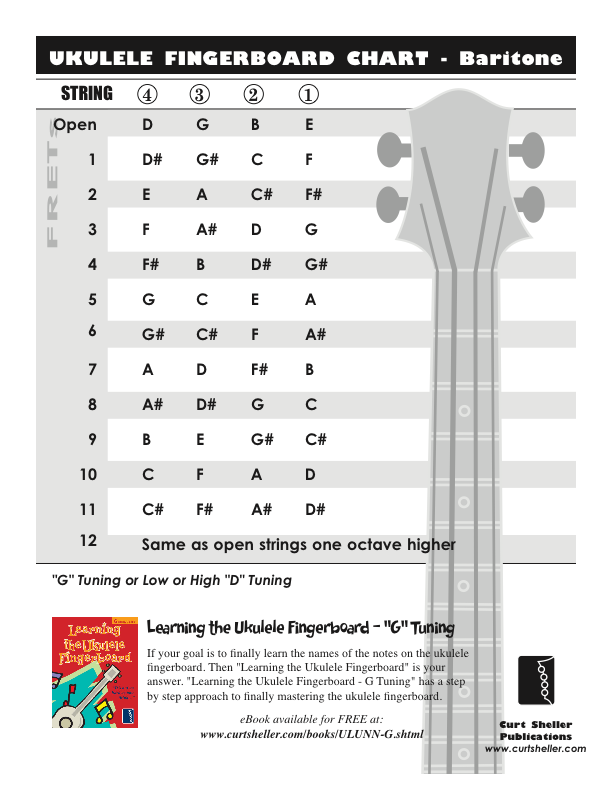
Ukulele Fingerboard Chart for G Tuning, Low or High A – D G B E
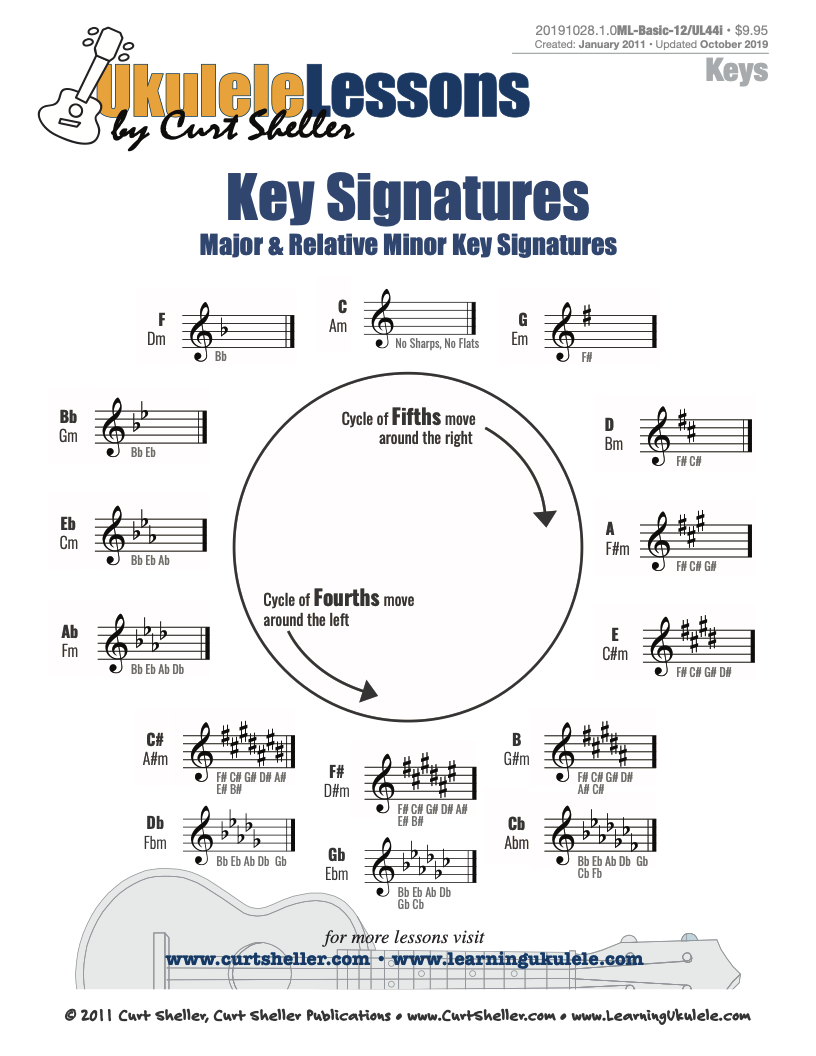
A handy reference chart of all 15 major and relative minor key signatures. US Letter 8.5 x 11 sized (ANSI-A) , A4





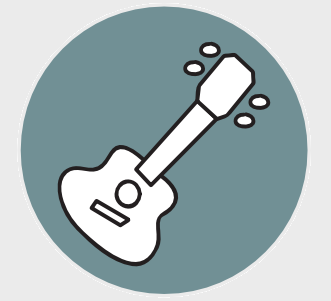
.jpg)